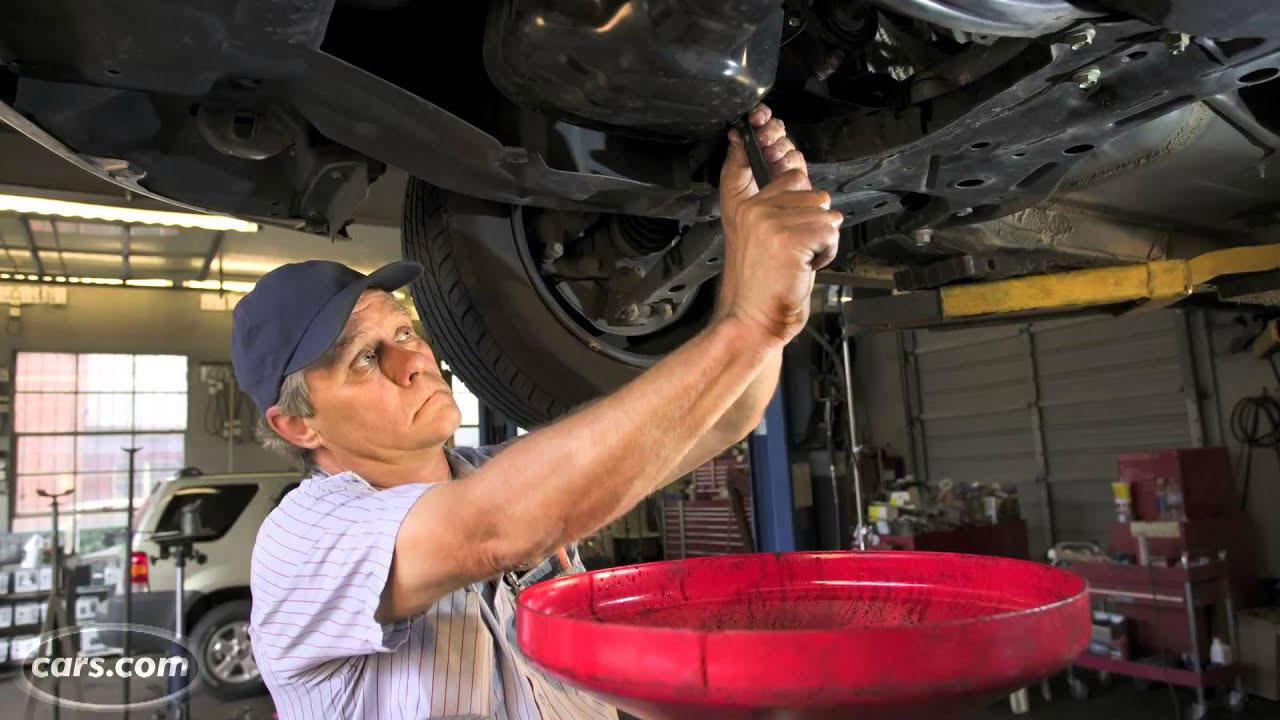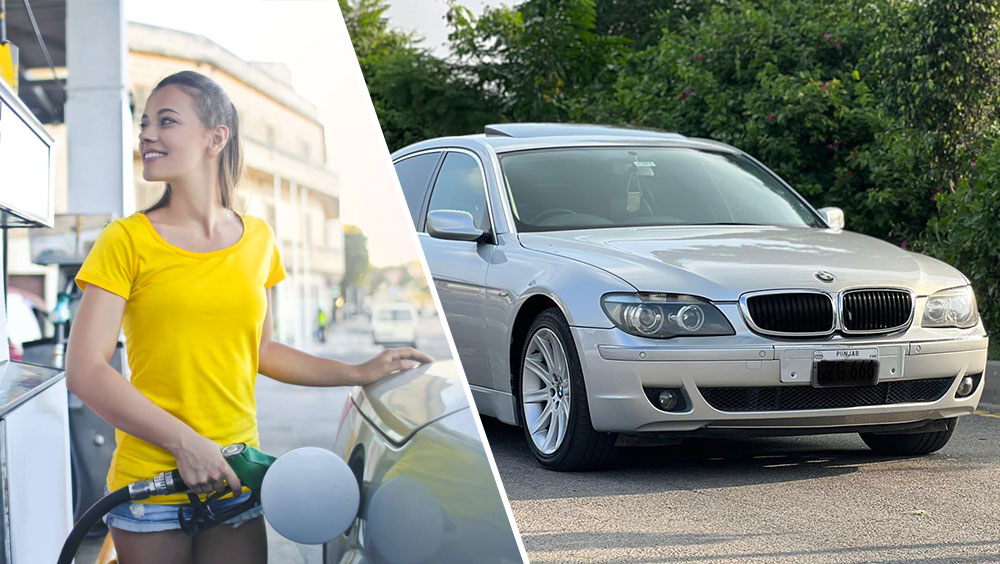Although gas prices fluctuate, the general trend since 2020 is upwards. However, this doesn’t mean drivers can’t reduce what they pay for gas. These top 5 tips can save you money in the long term.
Drive Smart

One of the simplest ways to reduce gas consumption without cost is to moderate your driving. Accelerating too quickly, braking harshly, and speeding all increase the amount of fuel your vehicle consumes. The U.S. Department of Energy estimates aggressive driving increases costs between 15% and 30% on highways and 10% and 40% in stop-and-go traffic. Reducing the weight in your vehicle can also improve fuel efficiency. Is your trunk loaded with unnecessary items? Are you hauling cargo on your roof when you don’t need to (which also increases wind resistance. lowering fuel economy)?
Don't Idle
If you’re the type of driver who sits idling with the engine turning, switch it off. Depending on the engine, an idling vehicle can use between 1/5 to 7/10 of a gallon of gas per hour. This also applies if you're sitting in heavy traffic. Avoid busy periods when you can.
Take Care of Your Car

A poorly-maintained car is a gas guzzler. If your dashboard’s malfunction indicator lamp or check engine light illuminate, don’t ignore them. Modern cars are so efficient, you may think the engine is running fine. It isn’t. The car is telling you it needs some attention.
Use the Right Tires and Oil
Between 20% and 30% of your gas costs are related to the tires. Poorly inflated tires increase road drag, forcing your engine to work harder to maintain speed — which uses more fuel. The size of the tire also factors in, with larger tires using more gas than smaller alternatives. Your vehicle's recommended grade of motor oil can also reduce gas costs. For example, if you’re using 10W-30 motor oil when your engine is better served by 5W-30, you could be increasing your gas costs by 1% to 2%.
Consider Your Journeys

Cold engines use more fuel than warm ones, so multiple short trips are costlier because the engine is cool at the start of each journey. It’s more fuel efficient to plan journeys, combining as many short trips into one as possible. Fewer journeys often mean fewer miles overall. Consider the number of miles of road you use repeatedly for different short trips. Each would only need to be traveled once if you combine trips. If you use your car for work, consider ride-sharing with colleagues if you can, or working from home, if your employer allows. If public transport is available and convenient, why not let someone else do the driving?


